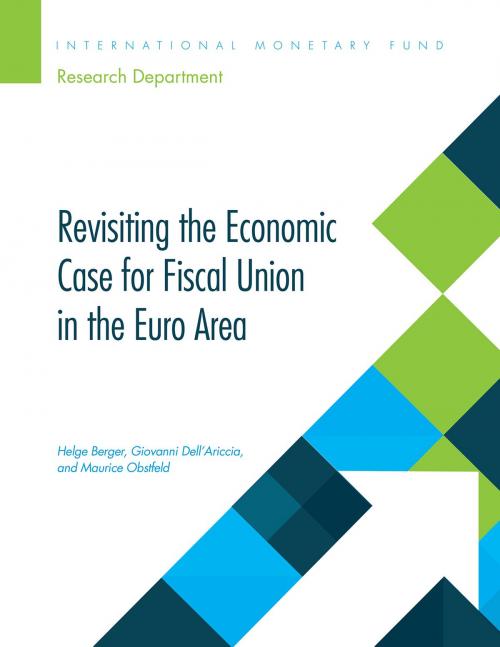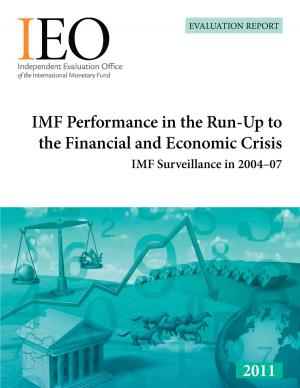Revisiting the Economic Case for Fiscal Union in the Euro Area
Business & Finance, Economics, International Economics, Nonfiction, Social & Cultural Studies, Political Science, Politics, Economic Policy| Author: | Helge Berger, Giovanni Dell'Ariccia, Maurice Obstfeld | ISBN: | 9781484344033 |
| Publisher: | INTERNATIONAL MONETARY FUND | Publication: | February 20, 2018 |
| Imprint: | Language: | English |
| Author: | Helge Berger, Giovanni Dell'Ariccia, Maurice Obstfeld |
| ISBN: | 9781484344033 |
| Publisher: | INTERNATIONAL MONETARY FUND |
| Publication: | February 20, 2018 |
| Imprint: | |
| Language: | English |
The paper makes an analytical contribution to the revived discussion about the euro area’s institutional setup. After significant progress during the euro crisis, the drive to complete Europe’s Economic and Monetary Union (EMU) had stalled, and the way forward will benefit from an in-depth look at the conceptual issues raised by the evolution and architecture of Europe, and the tradeoffs involved. A thorough look at the underlying economic issues suggests that in the long run, EMU will benefit from progressing along three mutually supporting tracks: introduce more fiscal risk sharing, helping to make the sovereign “no bailout” rule credible; complementary financial sector reforms to delink sovereigns and banks; and more effective rules to discourage moral hazard. This evolution would ensure that financial markets provide incentives for fiscal discipline. Introducing more fiscal union comes with myriad legal, technical, operational, and political problems, raising questions well beyond the remit of economics. But without decisive progress to foster fiscal risk sharing, EMU will continue to face existential risks.
The paper makes an analytical contribution to the revived discussion about the euro area’s institutional setup. After significant progress during the euro crisis, the drive to complete Europe’s Economic and Monetary Union (EMU) had stalled, and the way forward will benefit from an in-depth look at the conceptual issues raised by the evolution and architecture of Europe, and the tradeoffs involved. A thorough look at the underlying economic issues suggests that in the long run, EMU will benefit from progressing along three mutually supporting tracks: introduce more fiscal risk sharing, helping to make the sovereign “no bailout” rule credible; complementary financial sector reforms to delink sovereigns and banks; and more effective rules to discourage moral hazard. This evolution would ensure that financial markets provide incentives for fiscal discipline. Introducing more fiscal union comes with myriad legal, technical, operational, and political problems, raising questions well beyond the remit of economics. But without decisive progress to foster fiscal risk sharing, EMU will continue to face existential risks.















